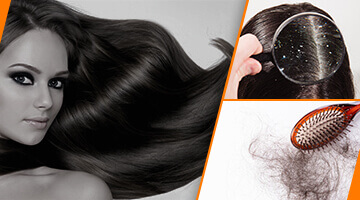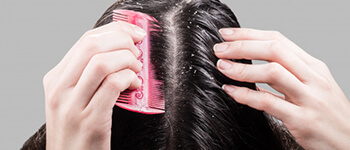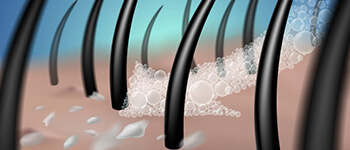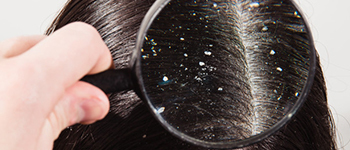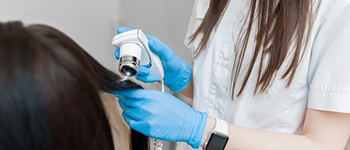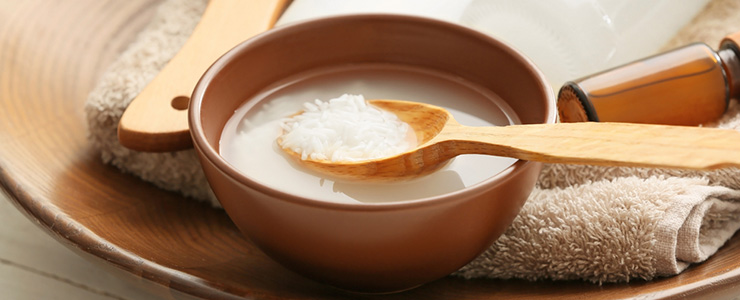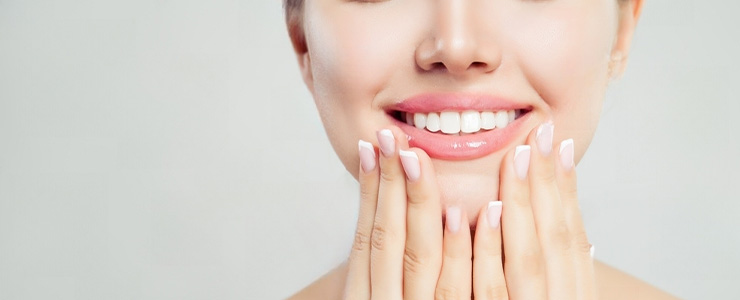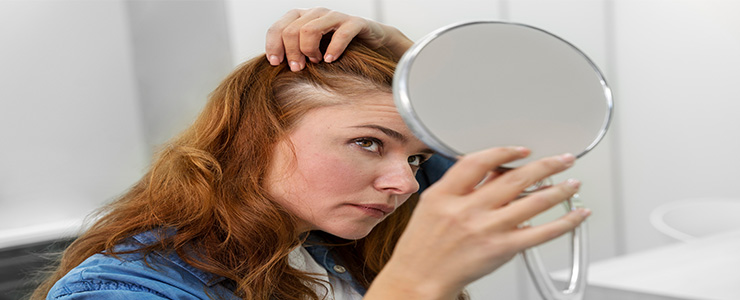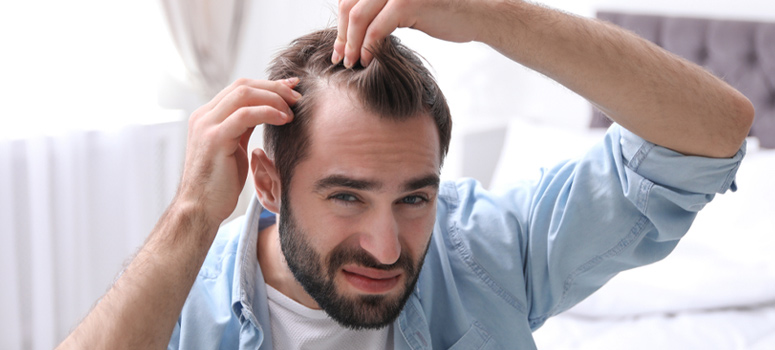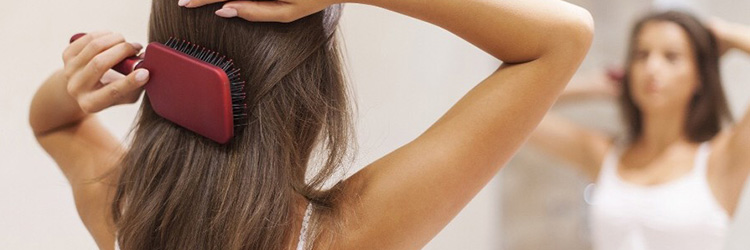Have you ever been embarrassed when someone noticed those white flakes on your black shirt or dress? If yes, we know what you felt at that time!
Shedding those irritating dandruff flakes is often a cause of embarrassment for many people. As one of the most common scalp problems, the condition may also engender hair loss, although not directly. In fact, it can affect your skin health, too.
Want to know how to reduce dandruff and hair fall Keep reading to learn the causes and types of dandruff and also about some solutions that will offer you relief.
Is Having Dandruff Normal?
Dandruff is a mild condition and not at all contagious. But that is exactly why many people don’t find it a big deal. Albeit this condition is mild, it can hamper your self-confidence. And if not controlled on time, this scalp condition can be difficult to treat afterward.
Let’s start by understanding what is dandruff? It is a ubiquitous scalp condition that causes the scalp to shed its skin cells in the form of flakes. This problem resembles to dry scalp condition that also engenders an itchy scalp with falling flakes.
Both these scalp conditions differ: if you have a dry scalp, the skin on your scalp flakes off. On the other hand, dandruff occurs when you have an oily scalp too. The oil accumulates the skin cells that are eventually shed.
Cause of Dandruff
If you are wondering how dandruff happens, there are a plethora of reasons that can orchestrate that itchy, flaky scalp. Here are the most common causes of dandruff:
- Dry skin
- Oily scalp (a condition called seborrheic dermatitis)
- Bad hair hygiene
- Other skin problems like eczema and psoriasis
- Use of specific hair care products that can lead to contact dermatitis
Other factors that can upsurge the chances of developing dandruff are:
- Stress
- Cold weather conditions
- Hormonal factors (as dandruff is more likely to happen in males)
- Irregular hair brushing
How Dandruff Affects the Scalp and Hair Fall
Dandruff irritates the scalp and makes it itchy, eventually causing flaky skin. Dandruff also leads to greasy patches and sometimes redness.
When dandruff and related hair loss are in question, the scalp condition doesn’t lead to hair loss directly. Having said that, it leads to scratching, which subsequently damages your hair follicles and leads to hair loss.
Types of Dandruff
Dandruff can be oily skin dandruff, dry skin dandruff, fungus-related, or disease-related. Here’s a list of different types of dandruff and their respective characteristics and underlying causes:
- Oily Skin Dandruff –Caused by excess sebum production and oil buildup.
- Dry Skin Dandruff –Caused due to dry skin ensued from dry weather conditions, use of hair styling tools, and hot showers.
- Fungus-Related Dandruff –Caused by the fungus ‘Malassezia’.
- Disease-Related Dandruff –Caused by skin problems like seborrheic dermatitis, eczema, and psoriasis.
Dandruff Treatments
No matter what type of dandruff is taking the better of your scalp, it is treatable using a holistic approach that includes dermatologist-recommended hair care products.
Let’s have a closer look at effective dandruff treatments that can save your itchy and irritated scalp:
-
- Use the Right Hair Care Products
Give your scalp and hair the care they need with the help of the right hair care products. You should opt for a toxin-free shampoo and conditioner to cleanse your scalp. Stay away from products with silicones, sulfates, parabens, DEA/TEA, denatured alcohols, mineral oils, and synthetic colors and fragrances.
Look for hair care products with hair-benefiting ingredients. Also, don’t use heavy formulas that can weigh your hair down. If possible, invest in a hair or scalp sunscreen.
-
- Use a Medicated Shampoo
Use shampoos specially formulated to expunge those white flakes. When shopping for anti-dandruff shampoos, look for certain ingredients, including zinc pyrithione, ketoconazole, tea tree oil, salicylic acid, or selenium sulfide. Use the anti-dandruff hair every time you wash your hair. Don’t forget to condition your hair afterward.
-
- Consult a Dermatologist
Dandruff, if not controlled on time, becomes unmanageable and can also rear its worse side (by causing seborrheic dermatitis). It can also give rise to severe scalp problems like inflammation or bleeding. So, it is important to treat this scalp condition on time.
As dandruff can result from an allergic reaction, fungal growth, or other factors, only a certified dermatologist can help you understand the cause. An experienced and knowledgeable dermatologist will analyze your scalp, narrow down the cause behind your condition, and devise an effective treatment to curb the problem.
Takeaway
Although dandruff may not look serious at first, it can become unmanageable and difficult to control. So, it is necessary to treat this scalp condition before it’s too late. Take care of your scalp by practicing good hair hygiene, using medicated shampoos, and trying anti-dandruff hair masks.
Also, dandruff-causing hair fall shouldn’t be neglected. If you are facing dandruff or related hair woes, visit a dermatologist as soon as possible. For more information on dandruff and other related conditions, explore the Skin and Hair Academy today.

